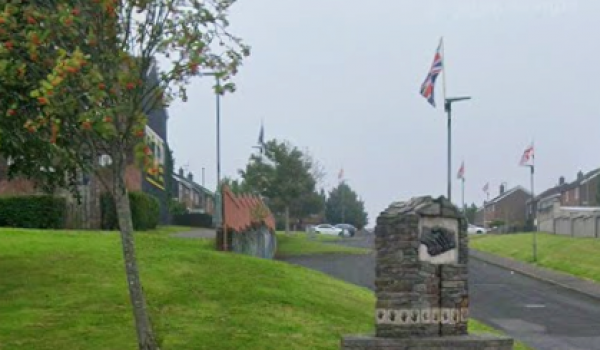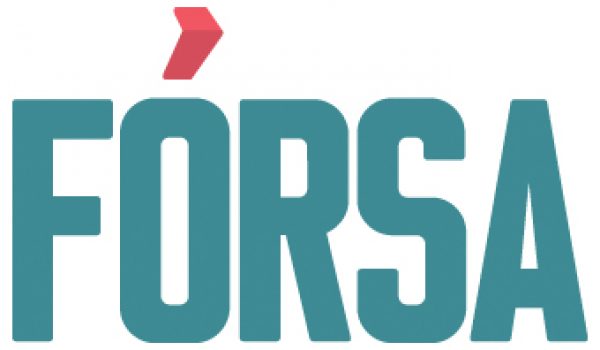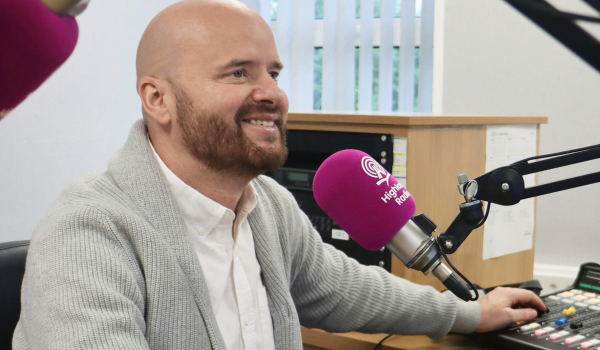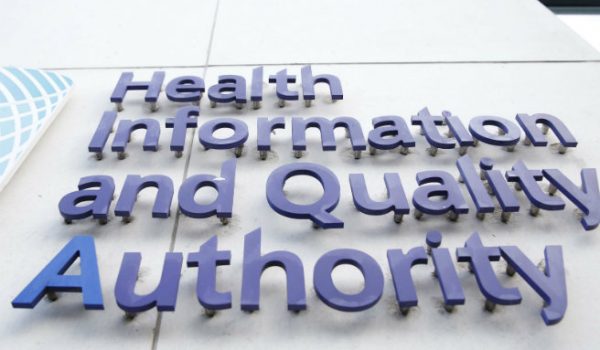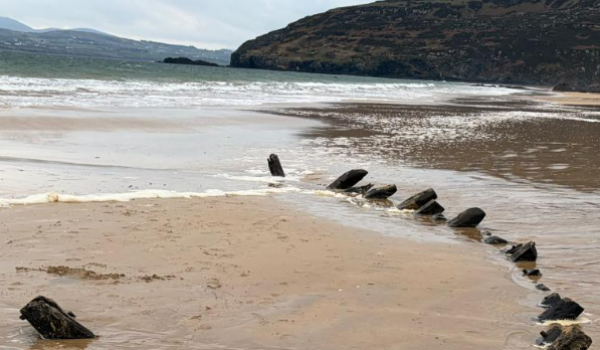
People in Donegal are being asked to take part in a consultation on a new draft plan that aims to tackle the significant challenges associated with waste in Ireland.
The draft National Waste Management Plan for a Circular Economy is Ireland’s framework for the prevention and management of waste and will cover the years 2023 to 2029.
Kevin Swift, Regional Waste Co-ordinator for Connacht Ulster says there’s been a significant increase in the amount of waste produced in this country and it’s simply not sustainable.
Last year, Ireland collected over 13 and a half million tonnes of waste. That’s the equivalent of over 2 tonnes for each person – or the weight of two cars. This, Mr Swift says, simply cannot continue. The plan aims to shift Ireland towards a more circular economy where resources are reused or recycled as much as possible.
Sustainable consumption will be encouraged, with proposals for more awareness campaigns, education programmes, demonstration projects as well as promotion of the correct ways to use waste collection bins.
It’s estimated an additional minimum investment of €40 million by the State will be needed to achieve the desired outcomes over the lifetime of this plan.
The consultation is open until July 3rd
*****************

Release in full –
The people of Donegal asked to have their say on new plan that aims to tackle the challenge of waste in Ireland.
National Waste Management Plan for a Circular Economy 2023-2029
Public Consultation Period Now Open
The people of Donegal are being asked to have their say on a new draft plan that aims to tackle the significant challenges around all aspects of waste in Ireland. The National Waste Management Plan for a Circular Economy is Ireland’s framework for the prevention and management of waste and will cover the years 2023 to 2029.
Considerable progress has been made in the management of waste in Ireland, and the previous Regional Waste Management Plans have provided a framework for these advances.
“We’ve seen a significant increase in the amount of waste produced in this country and it’s simply not sustainable,” said Kevin Swift, Regional Waste Co-ordinator Connacht Ulster. Recent data shows last year alone we, as a nation in total collected over 13 and a half million tonnes of waste. That’s the equivalent of over 2 tonnes for each person – or the weight of two cars! This cannot continue and that’s why we’ve come up with this plan to tackle the problem.”
The plan aims to shift Ireland towards a more circular economy where resources are reused or recycled as much as possible and therefore waste generation is minimised. It contains six key targets, including the aim to reuse 10kgs of resources per person annually during the period of this plan.
“An important step in reducing our waste is to increase the amount of material we reuse,” said Mr Swift. “We know through the Charity Shop Network, through various online platforms and even through the simple acts of having a reusable coffee cup or water bottle that people are already engaging in reuse”.
The plan aims to encourage sustainable consumption, with proposals for more awareness campaigns, education programmes, demonstration projects as well as promotion of the correct ways to use your waste collection bins, be it at home or at work. The plan wants to ensure that when a product reaches the end of its life, its materials are kept within the economy wherever possible. Products can be productively used again and again, thereby creating further value. By transitioning to a circular economy, we can reduce pressure on our natural resources, help achieve climate targets, support the Sustainable Development Goals and create sustainable growth and jobs.
“This Plan is aiming to put a lid on waste growth (0% total waste growth per person over the life of the plan), with an emphasis on non-household wastes including waste from commercial activities and the construction and demolition sector”, continued Mr. Swift.
“It should be noted that despite challenging operating conditions caused by Covid-19, Ireland was one of the few countries in Europe to maintain full waste services. While we are currently on track to achieve many of the current European Union waste targets, significant challenges remain to achieve recycling targets and therefore increasing recycling continues to be a key priority.”
The private waste sector in Ireland is valued at more than €1.4bn and provides employment for approximately 10,000 people. Local Authority expenditure on waste functions exceeds €280 million each year and involves over 1700 people. The plan highlights how this transition to a circular economy will require an additional minimum investment of €40 million by the State to achieve the outcomes over the lifetime of this plan.
John McLaughlin, Chair of the CCMA Climate Action, Transport, Circular Economy Committee said: “This Draft Plan is the outcome of a two-year engagement and collaboration with key partners, stakeholders, and the wider waste audience. Collaboration with all the stakeholders, including the public and businesses has been central to drafting the plan and will continue to be central to its success as it is implemented. Key deliverables have been included in the Draft Plan on organisation, engagement and monitoring to support this collaborative approach. Responsibility for key deliverables, which will drive the success of the plan has been allocated to the Local Authority Sector, the Department of the Environment, Climate and Communications, and the Environmental Protection Agency.”
The public consultation is open until July 3rd 2023. Submissions or observations can be made online at www.mywaste.ie, by email to submissions@nationalwasteplan.ie or by post to the Lead Authorities.
To read National Waste Management Plan for a Circular Economy 2023-2029 click here.
